A school is a special place where children learn, eat and play. It is the one location where many items are shared by many children -- stationery, food, learning props, and toys. Unfortunately in these pandemic times, “sharing is caring” now comes with the risk of bringing home communicable diseases.
On top of their already heavy workload, to keep everyone safe, teachers and admin staff have to implement regular cleaning and disinfection procedures. They also have to find new creative ways around group learning sessions, class activities, examinations, birthday celebrations, student photoshoots, graduation ceremonies, annual performances, and so on. Adding to that is having to be extra mindful when dealing with delicate situations where, left with no other options, working parents send their children to school with “mild” symptoms.
While school pest control services act as the first line of defense to help keep the children and staff safe from vectors, there are little things that need to be done by the school on a daily basis. In fact, the National Environment Agency of Singapore (NEA) has established a comprehensive list of good practices that schools need to implement.
Ways To Keep Your Student as Safe as Possible
Personal Hygiene
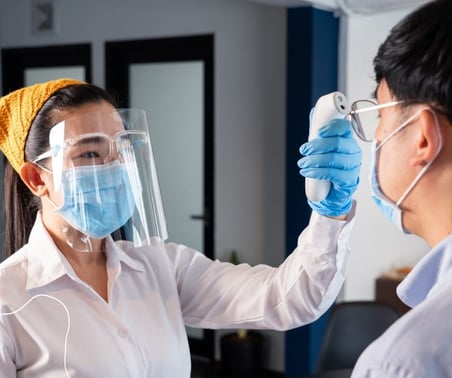
All staff needs to practice these habits and instruct students to follow them:
- Check temperatures frequently
- Notify supervisors, consult a doctor, and avoid contact with others if ill
- If they have a cough or a runny nose, they should wear a mask.
- Cover their mouth with tissue paper while coughing or sneezing, and dispose of the dirty tissue paper right away
- Use soap and water to wash your hands properly before and after each meal after coming in contact with high traffic points
- Practice good personal hygiene and toilet habits
- Avoid sharing personal belongings like water bottles, cutlery, etc.
- Wear gloves when cleaning or clearing waste
- Avoid touching exposed body areas (like eyes, nose, face, and arms) with dirty gloves or unwashed hands
Housekeeping Management
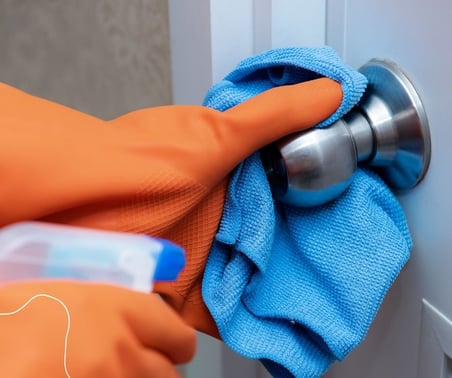
- Appoint a team to conduct cleaning and housekeeping on a daily basis
- Disinfect high-touch points (like handrails and doorknobs) regularly using disinfectant
- Refer to the NEA website's for the List of Household Disinfectants and Self-Disinfecting Surface Coating Products against Covid-19 Virus
- Disinfect the tables and chairs in the canteen with disinfectant regularly
- Wipe and sanitize communal toys and beds daily
- Keep all rooms well-ventilated and open windows as much as possible to let plenty of fresh air indoors
- Ensure that garbage bins are covered at all times and emptied every day
- Tie rubbish securely in plastic bags before disposal
- Soak cleaning cloths in household bleach (at the recommended concentration by the manufacturer), then wash the cloth after use and before reusing
- Disinfect and sterilize all cleaning equipment right after use
Restroom Sanitation
.jpg?width=452&name=Toilets%20(1).jpg)
- Regularly disinfect high-touch surfaces (like taps, doorknobs, handles, toilet bowls, seats, and cover flaps, washbasins, buttons, and switches).
- Maintain an appropriate supply of toilet paper, paper towels, or hand dryers, and liquid soap
- Ensure that all toilet-flushing equipment and sanitary fittings are always in excellent working order
Food Safety

- Make sure that all products are sourced from licensed food suppliers
- Cover food to prevent contamination
- Store raw and cooked food separately
- Do not store personal items in the food preparation area
- Avoid using broken or chipped dinnerware because bacteria can hide in the cracks
- Avoid cross-contamination by using separate chopping boards, knives, and other kitchen tools for raw and cooked items
- When handling food, wear clean disposable gloves
Pest Management
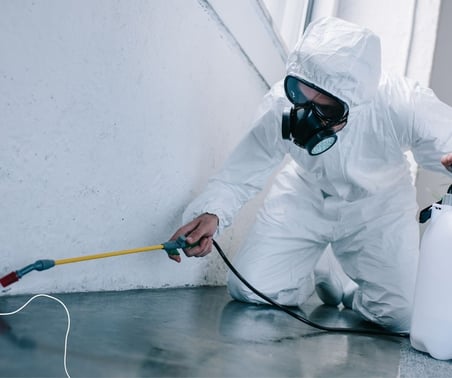
- Check premises regularly and eliminate any potential vector breeding spots
- Keep an eye out for indicators of pest infestation, such as rat droppings or burrows, or cockroach excretions
- Hire a certified vector control operator to carry out a pest control strategy for the premises and use approved pesticides for schools
Read More >> What to do before, during, and after a disinfection treatment?
What Would ORIGIN Do?
While getting vaccinated helps slow the spread of Covid-19, we need to take further precautions like staying at home if we are unwell, covering our mouth when coughing and sneezing, and washing our hands often.
To do our bit to support the educators of our children, ORIGIN ensures that our disinfection services are effective, safe, and thorough for every type of environment. In particular, we use a disinfectant with a residual effect. This means that after the treatment is done, a colourless and odourless residue is left behind on surfaces to keep viruses at bay for days after*. Our team is fully vaccinated and ready to disinfect your premises, including those where Covid-19 cases have been. ORIGIN is at your service 62805666.

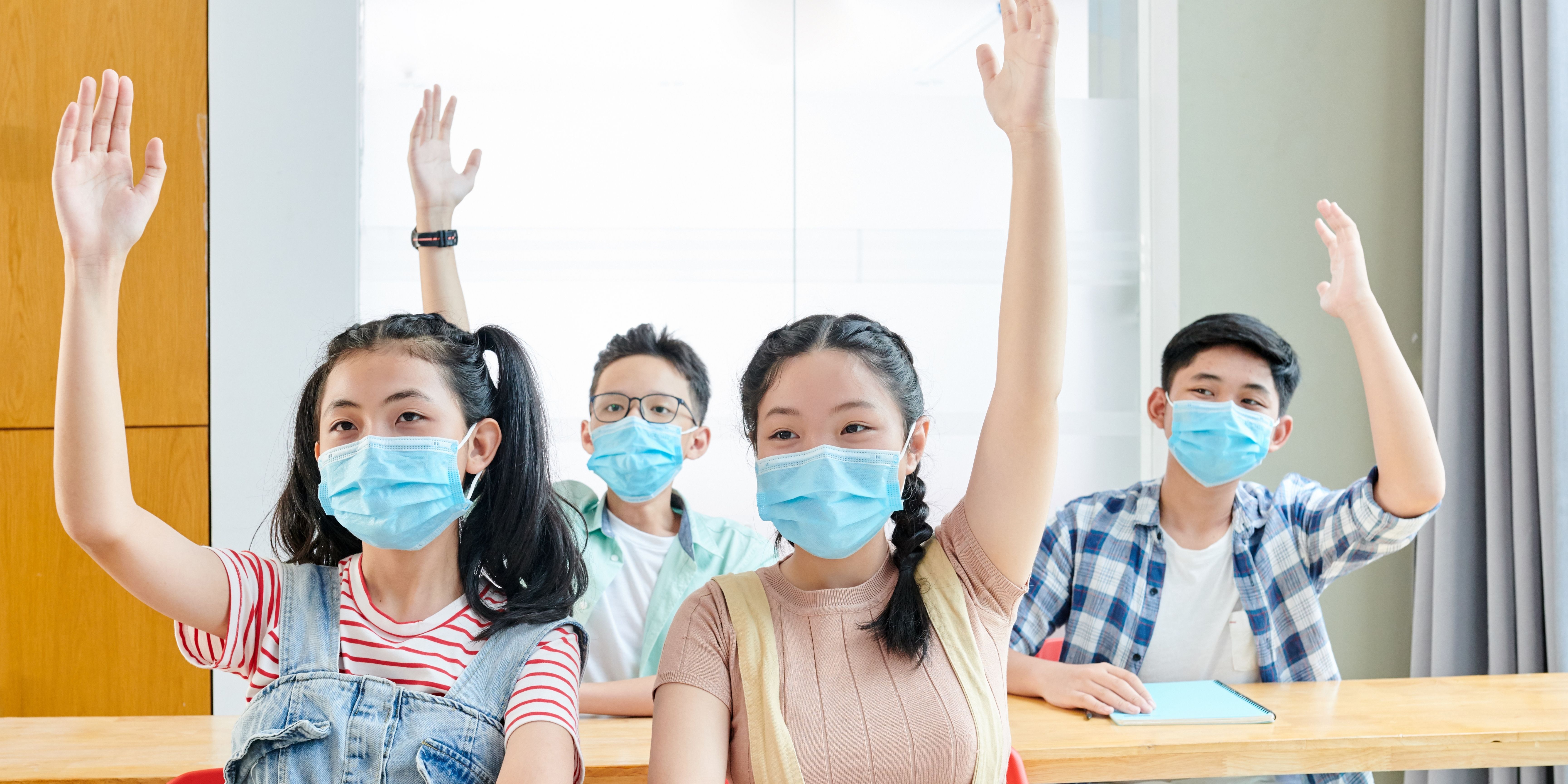


.jpg?width=452&name=Toilets%20(1).jpg)



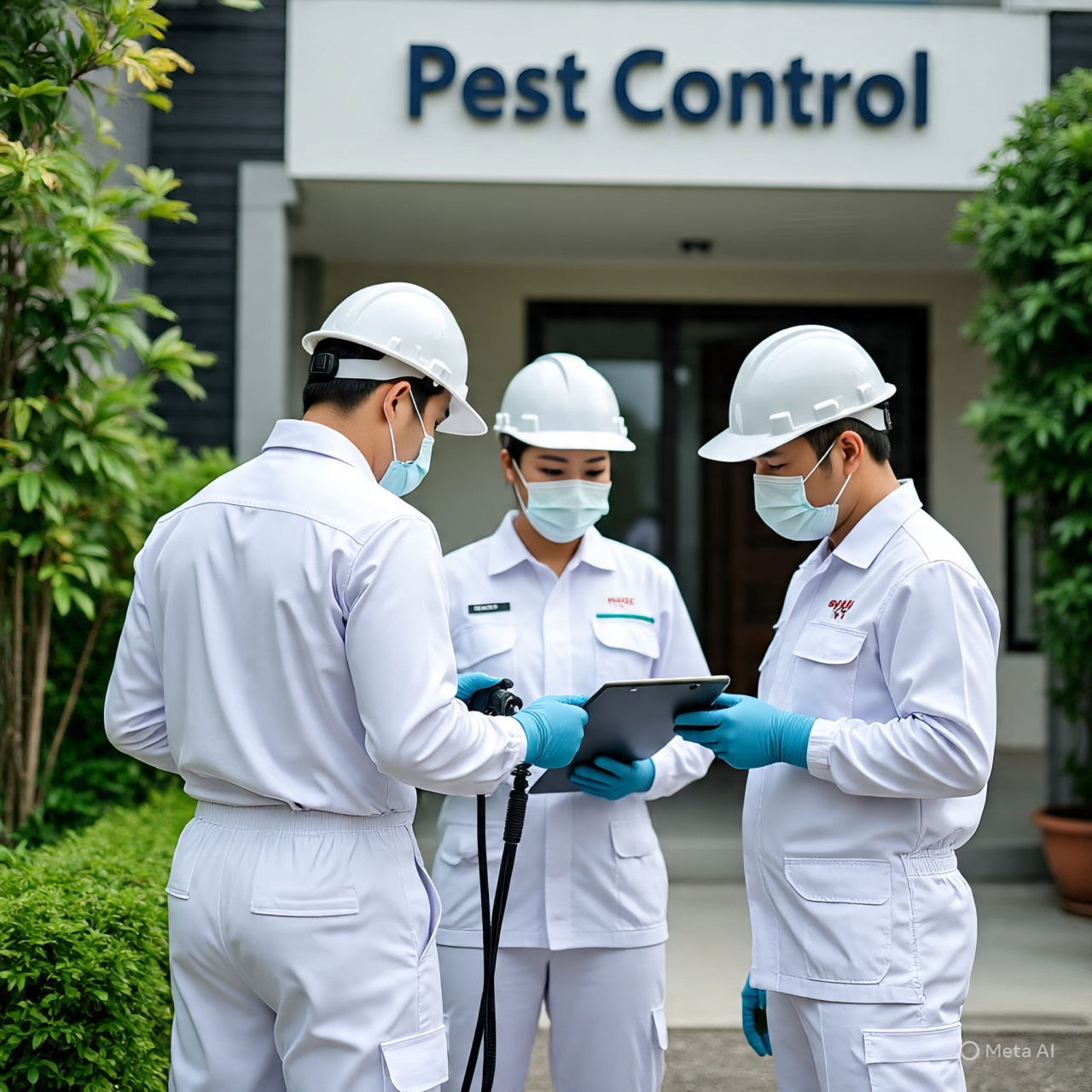
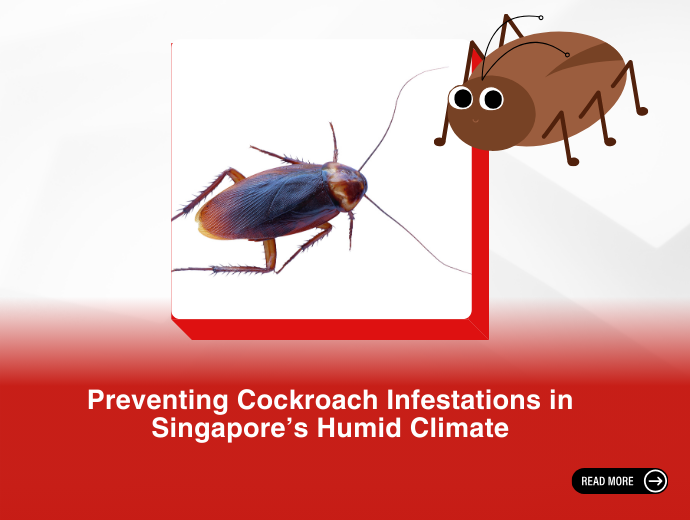
.png)